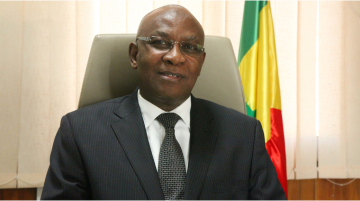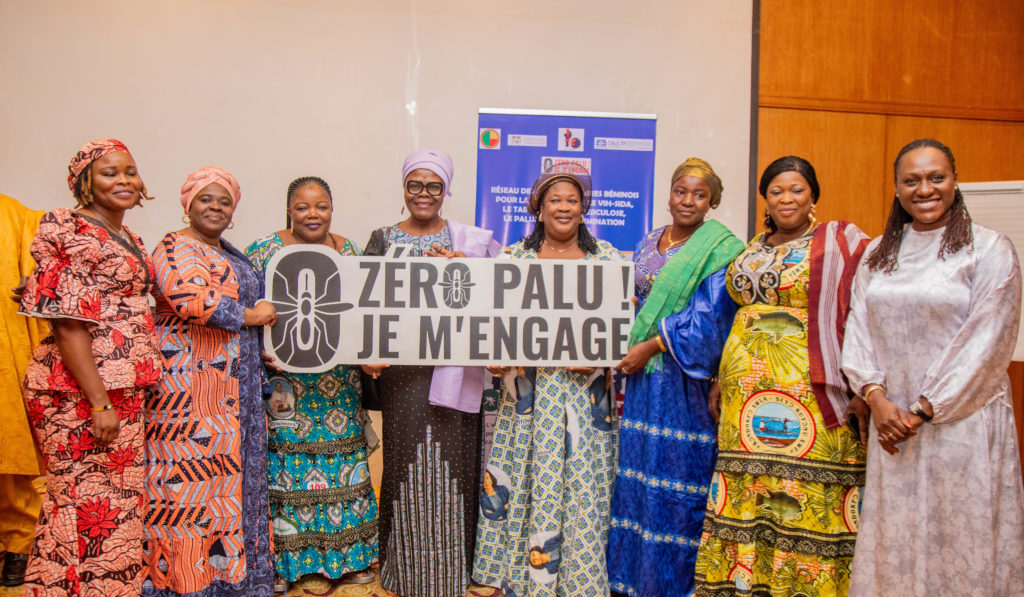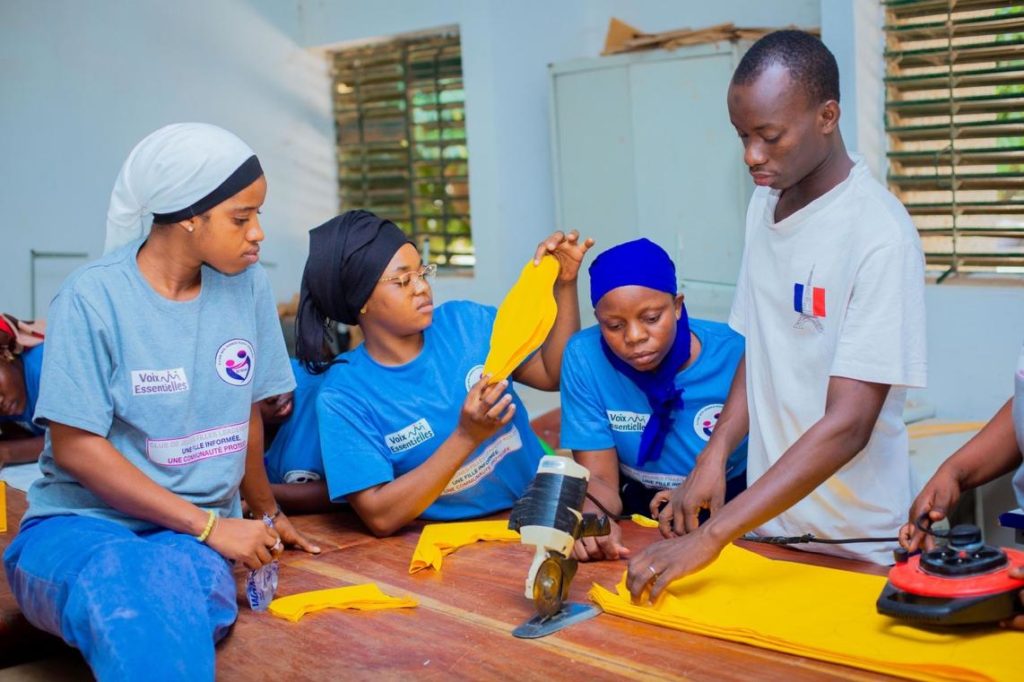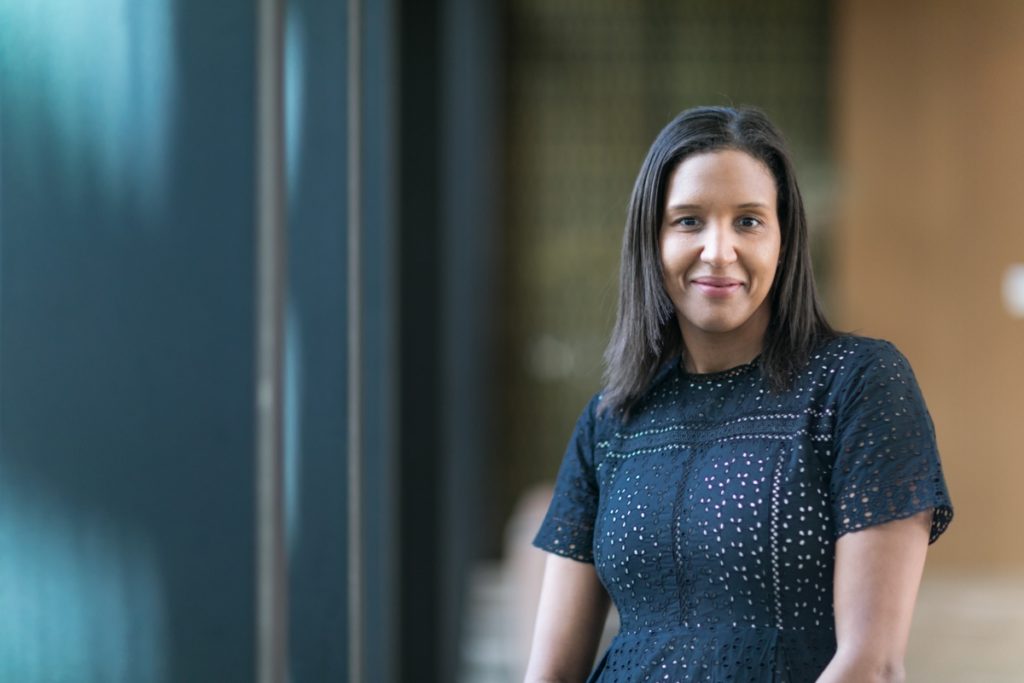Why we must cooperate to address water crisis

« Humanity has a choice: cooperate or perish ». This call by the United Nations Secretary General António Guterres on the sidelines of COP 27 remains relevant as the UN 2023 Water Conference which opened on Wednesday in New York. Seven years from the deadline of the Sustainable Development Goals, we are still far from achieving universal and equitable access to safe and affordable drinking water for all.
Three out of ten people worldwide still do not have access to safe drinking water, a vital resource! In sub-Saharan Africa, it is estimated that nearly half a billion people face water scarcity every day and more than 700 million people do not have access to improved sanitation facilities.
As a result, hundreds of millions of lives are threatened by infectious diseases? diseases due to lack of water, sanitation and hygiene services, and key economic sectors such as agriculture, fishing and mining are severely affected. Each year, Sub-Saharan Africa loses 5% of its gross domestic product due to water scarcity.
Shared property
Yet the resource exists. Whether in groundwater or surface water, our continent has significant shared resources that can help meet the present and future needs of our populations. As President Macky Sall so aptly recalled at the launch of the Water-Peace-Security Initiative in 2015, in New York, « Water is a source of life and well-being when its use calls for cooperation and sharing ».
A perfect example is the Senegal River, a resource that Guinea, Mali, Mauritania and Senegal have in common. By creating the Organization for the Development of the Senegal River (OMVS) more than 50 years ago, our countries understood very early on that cooperation is a guarantee of peace, social cohesion and integrated development for our communities. The concerted management of this heritage has played a considerable role in the progress made in access to water and sanitation in our countries in recent decades. In Senegal, for example, the vision for improved well-being and shared prosperity – driven by the Plan Sénégal Émergent – has led to an estimated 95.1% access to water in rural areas and 98.8% in urban areas by 2022; and an estimated 89.8% access to sanitation in urban areas and 59.7% in rural areas. Now more than ever, cooperation must be our weapon at national, regional and global levels to address the multiple challenges we face in achieving universal access to water and sanitation.
Challenges
Lack of safe water and sanitation services in many parts of the world is a threat to all. We now know that health, security, migration and humanitarian crises are intimately linked to water and sanitation security. Water stress, floods and population-movements induced by climate change increase the risk of epidemics and threaten our food security. More importantly, the scarcity of sustainable financing for water and sanitation services at global and regional levels threatens to undermine the progress made so far. In this context, it is essential that we work together to close the gap in access to water and sanitation between communities, states and regions of the world. To this end, we need to develop water and sanitation policies that are designed and implemented through a cooperative lens. This also applies to hygiene and sanitation, which cannot be separated from water issues.
A “BLUE DEAL” for water security and sanitation for peace and development
The Dakar Declaration adopted at the 9th World Water Forum in March 2022, entitled “a “BLUE DEAL” for water security and sanitation for peace and development”, has already set the stage. By emphasizing the urgent need to strengthen bilateral and multilateral cooperation, the Dakar Declaration highlights – amongst other things – the importance of guaranteeing the right to water and sanitation through innovative public and private financing mechanisms. This declaration thus laid the foundations for Interactive Dialogue No. 4 on « Water for Cooperation », which Senegal had the honor of co-chairing with the Swiss Confederation at the conference that has just ended in New York. Senegal brought the contribution and the common position of Africa by putting into perspective the « Blue Deal » endorsed by the Executive Committee of the African Ministers’ Council on Water (AMCOW). On this occasion, Senegal also underlined the importance of transboundary and intersectoral cooperation in the field of water, as well as the place of water in achieving the sustainable development goals.
It is through this cooperation between governments, civil society, private sector and other water and sanitation actors that we will be able to face, together, the climatic, economic and health challenges that go beyond our borders.
Please find this op-ed originally published on :


